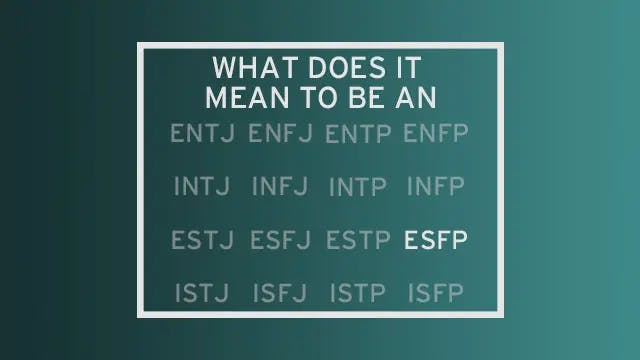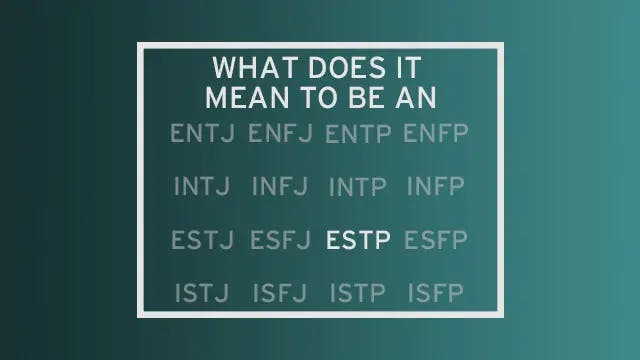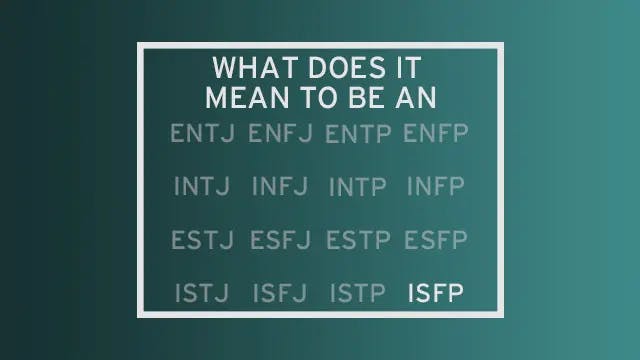
The Myers-Briggs Type Indicator (MBTI) is a personality assessment tool designed to help us understand our personality preferences and how they interact with the world. The assessment is based on Carl Jung's theory of psychological types, which suggests that people have innate preferences for how they perceive and interact with the world around them.
The MBTI assessment consists of a series of questions that are designed to measure a person’s preferences across four dichotomies: Extraversion vs. Introversion (E/I), Sensing vs. Intuition (S/N), Thinking vs. Feeling (T/F), and Judging vs. Perceiving (J/P). The assessment produces a four-letter type code that represents a person’s dominant preferences in each of these areas.
The assessment is widely used in a variety of settings, including business, education, and personal and spiritual development. It is used to help people understand their strengths and weaknesses, improve communication and relationships, and make more informed decisions.
How does the MBTI work?
The MBTI assessment is based on the theory that people have innate preferences for how they perceive and interact with the world. The assessment measures a person’s preferences across four dichotomies, each of which represents a different way of perceiving or interacting with the world.
For example, the Extraversion vs. Introversion dichotomy measures a person’s preference for either focusing on the external world (Extraversion) or the internal world (Introversion). The Sensing vs. Intuition dichotomy measures a person's preference for either focusing on concrete, sensory information (Sensing) or abstract, intuitive information (Intuition).
The MBTI assessment is designed to help us understand our preferences across these dichotomies and how they interact with the world. The assessment produces a four-letter type code that represents an individual's dominant preferences in each of these areas.
What are the benefits of the MBTI?
The MBTI assessment is widely used in a variety of settings, including business, education, and personal and spiritual development. It is used to help people understand their strengths and weaknesses, improve communication and relationships, and make more informed decisions in the workplace and interpersonally.
The assessment can be particularly helpful in the workplace, where it can be used to improve team dynamics, communication, and productivity. By understanding our own and our colleagues' preferences, we can learn to work more effectively together and leverage our strengths to achieve common goals.
In personal development, the MBTI assessment can be used to help people understand their own personality preferences and how they interact with the world. This understanding can help people make better decisions, foster healthier relationships, and achieve greater personal fulfillment.
How can the MBTI help you be a better Jesus follower?
The MBTI can help you become a better Jesus follower by helping you think through methods of connecting with Jesus that fits with your personality. If you’re an Extravert, for example, it wouldn’t make sense for you to spend hours in silence and solitude. You’ll most likely become distracted and get frustrated. However, if you’re an Introvert, you might find that you connect better to Jesus in those prolonged moments of solitude. We all have different ways of connecting with Jesus; it’s just a matter of discovering how we relate to Him.
Conclusion
In conclusion, the Myers-Briggs Type Indicator is a personality assessment tool that is widely used to help people understand their personality preferences and how they interact with the world. By understanding their own and their colleagues' preferences, people can improve communication and relationships, and achieve greater personal, spiritual, and professional success.



